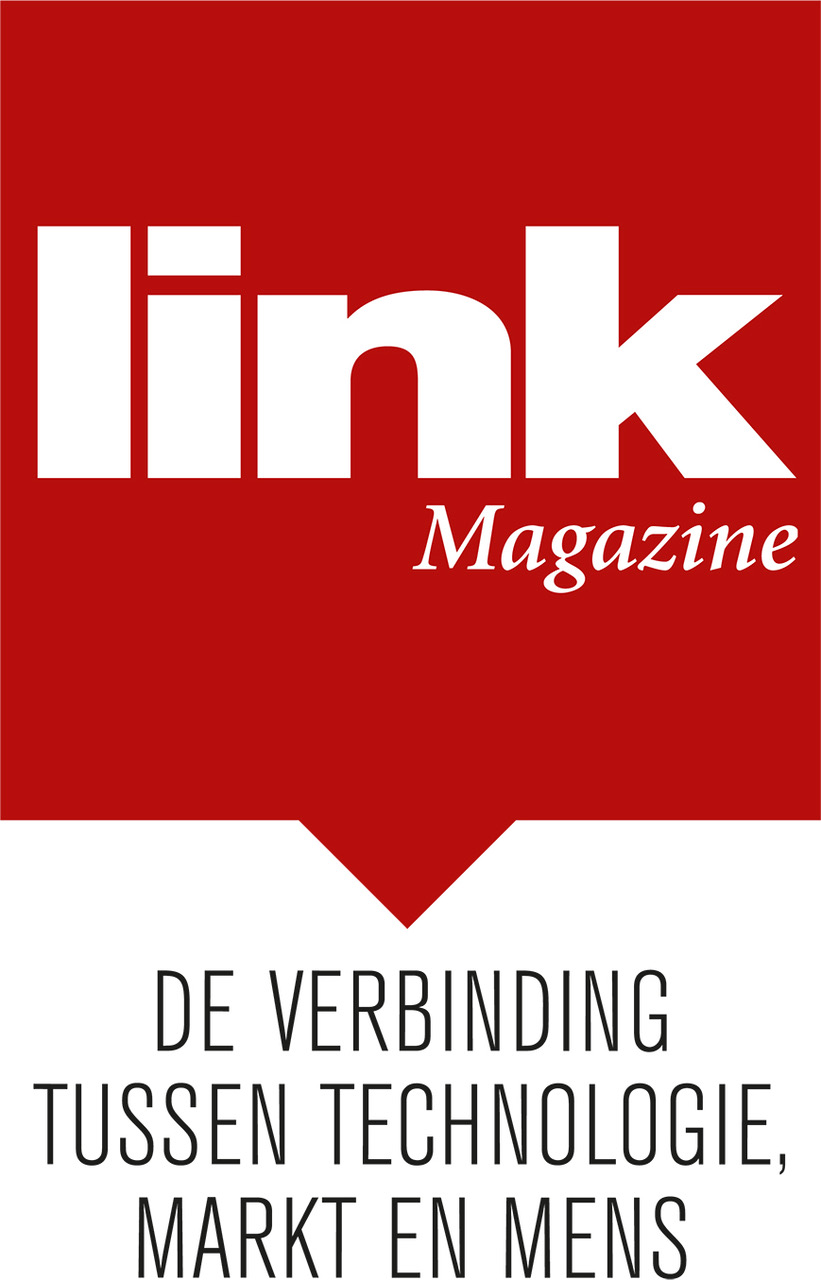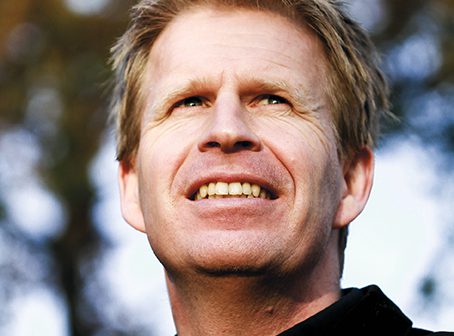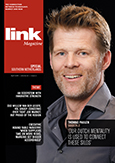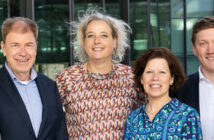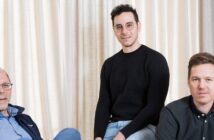As has been said many times before, data is the new corporate grail. Possessing the right data is worth gold, gold which can, however, only be mined by specialists, such as the experts from the Jheronimus Academy of Data Science (JADS) in Den Bosch. How is this – still fairly new – university doing eighteen months from the start?
Jheronimus Academy of Data Science: half of the students from abroad
First some context. The business community and government authorities collect data in many different ways: through websites, traffic cameras, debit cards and smartphones, but also through (industrial) sensors, to give just a few examples. This yields an incredible mountain of data. What did that consumer buy in the web shop? How much energy does that specific sensor consume?
However, that data in itself is useless; you need specialists who are able to extract useful information from all that data. What else did that consumer buy? What could they potentially want to buy now? These specialists are data miners and data scientists, who are able to establish relationships, recognise patterns and make calculated forecasts.
And given that the data mountain continues to grow, so does the demand for these specialists, which, a year and half ago, was exactly the reason for establishing the JADS: a joint venture of the universities of Tilburg and Eindhoven, the municipality of Den Bosch and the province of Noord-Brabant, says academic director Arjan van den Born. ‘The amount of data is growing like never before. In five years from now, we will have five times as much data and in ten fifty times as much. It is of utmost importance that the business community and government have enough people to convert this data into practical and useful information. These people are trained here.’
Only university course in the world
The JADS is in its second academic year now. And, according to Van den Born, it is doing beyond expectation. We have 600 students this academic year, which exceeds our expectations. Half of them come from abroad, and half of those from abroad are from outside Europe. We are expected to grow to about 2,000 students in 2020′, says Van den Born. In this academic year, the JADS offers ten courses, including the master’s programmes in Data Entrepreneurship, Data Science Engineering and Data Science Business & Society.
The academy is clearly doing well. The relationship with the business community is simply excellent as well, according to Van den Born. ‘Companies are showing overwhelming interest. Both small and large companies know where to find us. There are companies who would like us to provide them with hundreds of students a year. But that isn’t yet possible of course. Fortunately, they understand that’, says Van Born.
Demand from the business community is enormous and there is close collaboration. Van den Born thinks that the JADS is the only university in the world that literally shares its premises with businesses. ‘We have one shared campus and one shared cafeteria. Communication lines are short and we know each other. This yields considerable synergy and gives us the opportunity to accelerate the transfer of our knowledge to the business community’, says Van den Born.
The university offers collaboration schemes for different types of businesses. ‘Each business is working on digitisation, on data processing, but some businesses have progressed further than others. We focus on start-ups, on the traditional SME sector, working with large companies such as Philips and ASML, as well as with digital leaders such as booking.com and Coolblue.
Matching not easy
Van den Born sees that it is not always easy to match academic supply and corporate demand. ‘Both the university and the business community face the same issue, such as: how do you deal with the scalability of algorithms and how do you deal with ethical issues? However, where we look ahead in attempts to gain new insights and find new solutions, most companies would rather have an instant solution. That presents somewhat of a challenge indeed. Each and every time, you have to explain what you expect from one another and what you have to offer.
According to Van den Born, applied research and fundamental research still tend to clash. The business community is of course concerned with the former, while academia, on the other hand, seeks to allow time and room for the latter. The academic director mentions the pizza model: fundamental research is the bottom of the pizza, while the applications are the toppings. ‘Companies want us to focus on the toppings, to come up with concrete applications. And we are even good at that in the Netherlands. But what use is a pizza without a bottom? Fundamental research is essential to us as a university. Professors are also interested in fundamental research. It ultimately leads to all manner of fantastic new and concrete solutions, I’m convinced of that. Bluetooth, the internet – these are just two things that came about thanks to fundamental research. If the bottom is fine, the toppings will be fine. Allow the education sector that much room, I would say’, says Van den Born.
Summer schools
Knowledge is also transferred to the business community by way of frequently organised workshops, summer schools and theme gatherings about topics such as ‘data and crime’ and ‘data and smart industry’. ‘Within these domain applications, we look at how education can best be geared to the wishes of the business community. I would like to invest more in that, with online programmes, for example, and with more partners. Our SME lab supports and advises businesses. This may well be stepped up, because it’s going to be a major undertaking to further digitise the Dutch business community.’
Is the Netherlands in the lead?
Where does the Netherlands stand in terms of data science? Opinion on this is divided. Some say that the Netherlands is two years behind internationally, whereas others believe that the Netherlands is ahead. Putting it into perspective, Van den Born says, ‘In general, it is fair to say that the Netherlands – together with Switzerland and the UK – leads the way in Europe. Worldwide, however, the United States is at the forefront. Obviously, they started much earlier. Plus: We have a hard time raising the necessary finances: four hundred thousand euros here, one million there. There are universities the US that receive 250-million dollar grants annually from businesses. That makes your life a little easier, I would say. It sometimes makes me jealous.’
